Finally, a Judge That Understands that an IP Is Not a Person
Everyone knows the risks of working on an open Wi-Fi connection. Everything can be stolen from your security to your bandwidth. But the courts in the US have been historically unaware of the implications of an open Wi Fi connection. Finally, though, there appears to be one judge that understands that an IP connection does not equal a person.
It is not hard to secure your Wi-Fi connection. It takes changing a setting in the router and entering a password. Many, though, are not even aware that their connection is open, never mind that there are ways to secure it.
Cyber-attack and identity theft are only the most obvious dangers of having an open Wi-Fi connection. But there is another serious danger. If your connection is open and available to be stolen, the chances are good that someone is stealing it. The least malignant implication of this is that your neighbors will be watching Netflix on your connection, slowing you down and bringing a bandwidth cap that much closer.
But the real danger to you comes when your neighbors aren’t just watching Netflix. What if they’re doing something less reputable? What if they’re pirating music or engaging in illegal activities?
The RIAA and other organizations have been pushing courts to try people based on their IP addresses. There have been over 100000 law suits in the United States alone in the last year whose purpose was to obtain personal information on subscribers from ISPs in order to force the person to come to a settlement that ranges from hundreds to thousands of dollars. If your IP address has been tracked downloading music, etc, then you are obviously guilty, right? Well, not exactly. If your Wi-Fi connection is open, then anyone accessing the internet through it will have your IP address. Your neighbor could be the one who was tracked, or even someone driving down the street sniffing for open connections.
For this reason, people have been trying to get the justice system to understand for some time that an IP is not a valid way to determine whether or not a person has been engaging in piracy.
Finally, one judge seems to understand. Judge Herold Baker refused to allow a Canadian adult film site to subpoena ISPs for the personal information of subscribers. He said that an IP address does not equal a person. The fact that this case involves porn means that the judge felt he needed to handle it delicately. A wrongful conviction in a case like this could be even more damaging to a person than it otherwise would be.
Baker then went on to cite a recent mistaken child porn raid, where an IP address was turned into a name--but the named person hadn't committed the crime. "The list of IP addresses attached to VPR's complaint suggests, in at least some instances, a similar disconnect between IP subscriber and copyright infringer... The infringer might be the subscriber, someone in the subscriber's household, a visitor with her laptop, a neighbor, or someone parked on the street at any given moment."
This case is not a precedent setting case for the United States as a whole, per se. Still, it will be interesting to see if others follow Judge Baker’s reasoning. It’s refreshing to see that a judge seems to understand something about technology. It’s nice to see that the court isn’t totally ruled by the big corporations. I’m not in support of piracy, don’t get me wrong. But I am in support of decisions based on logic and proper information. Hopefully, the trend will spread...
What do you think of the judge’s decision? Do you support it? Do you think other judges will follow suit?
Advertisement
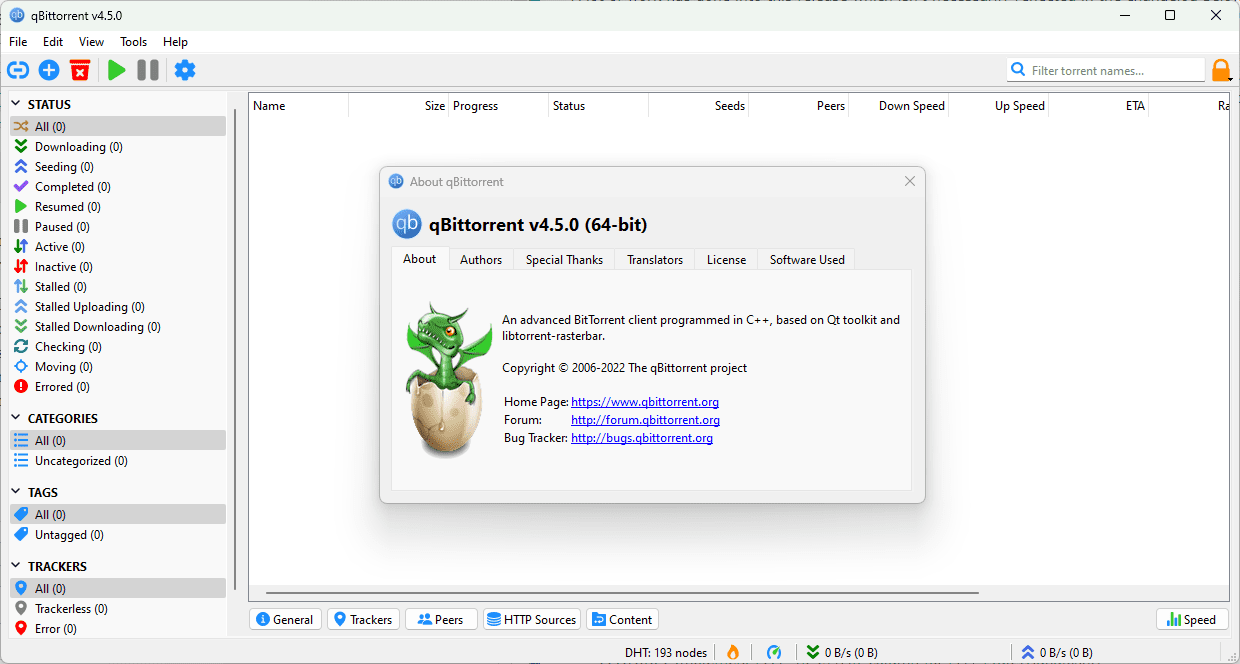
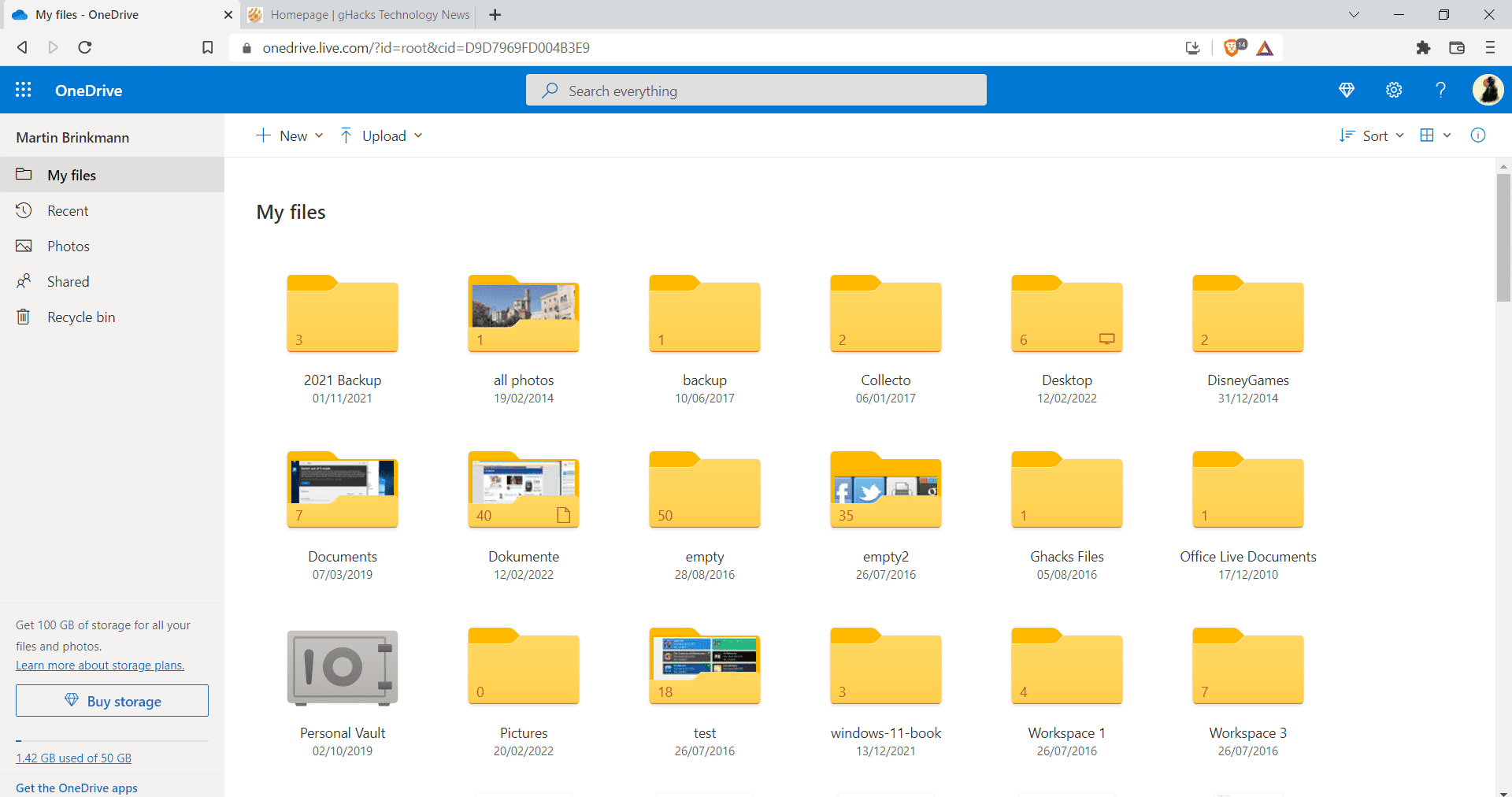
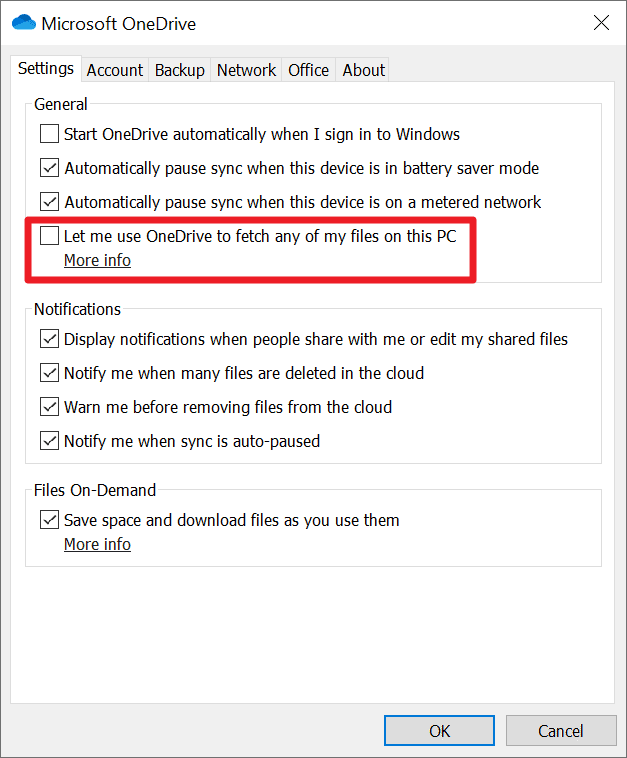
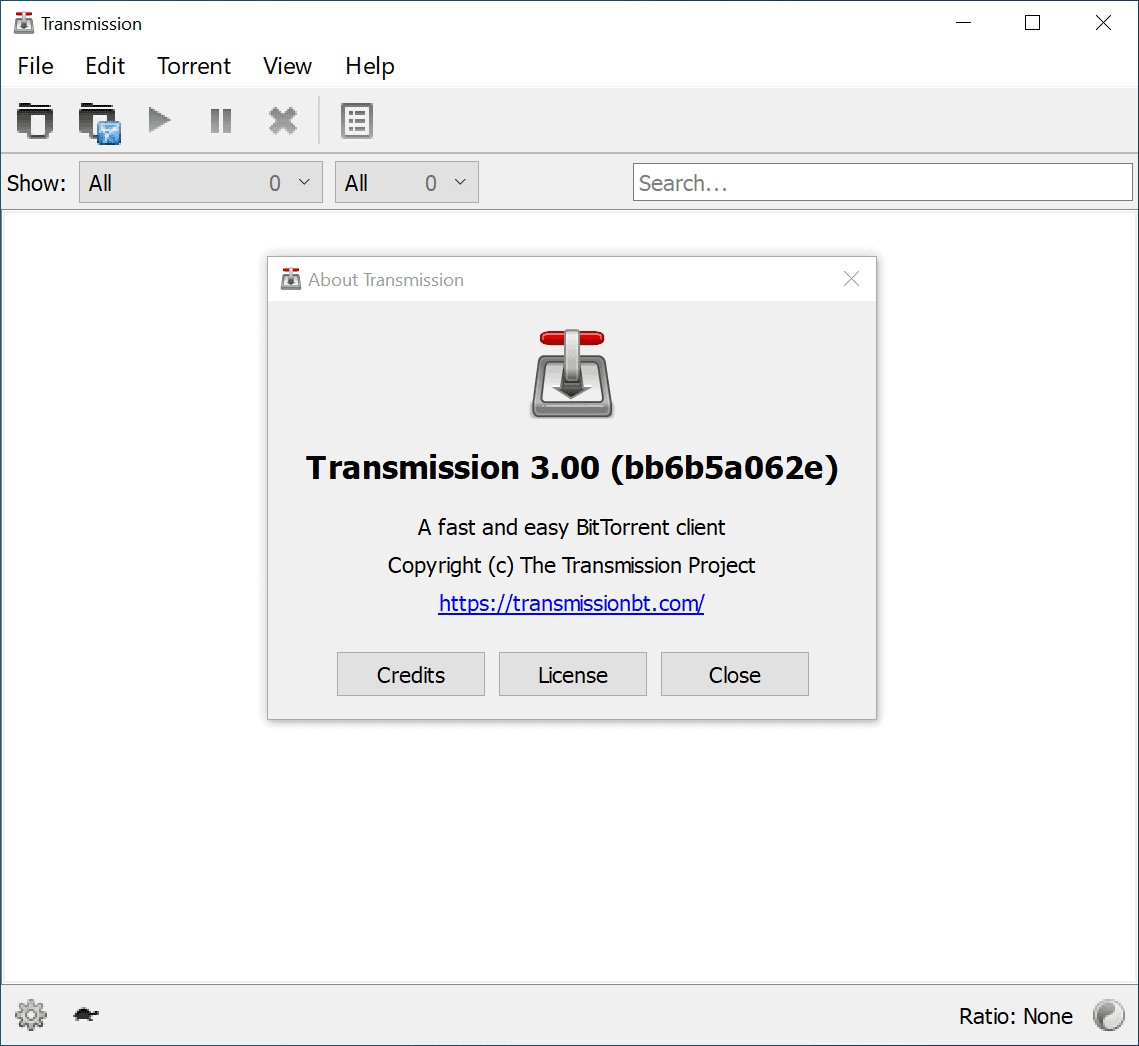
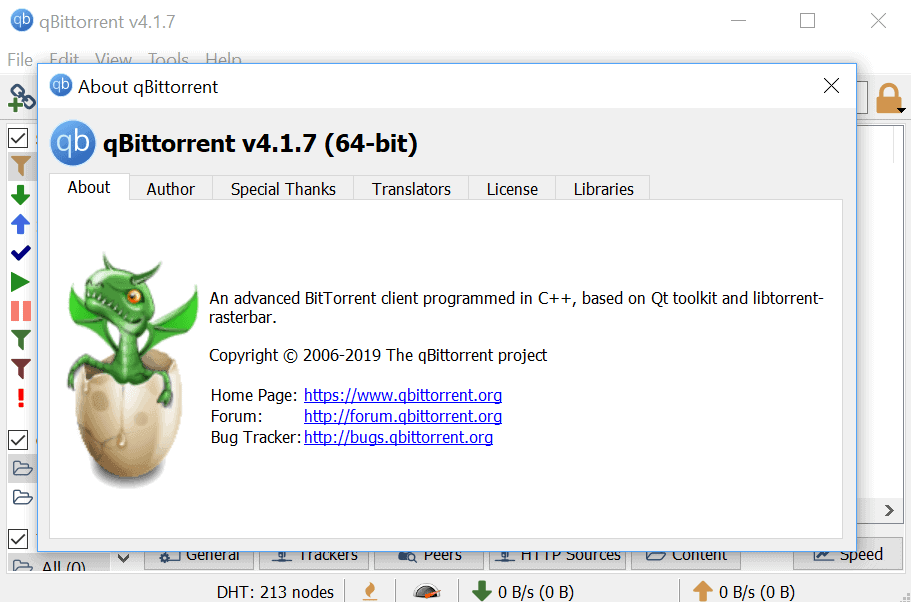
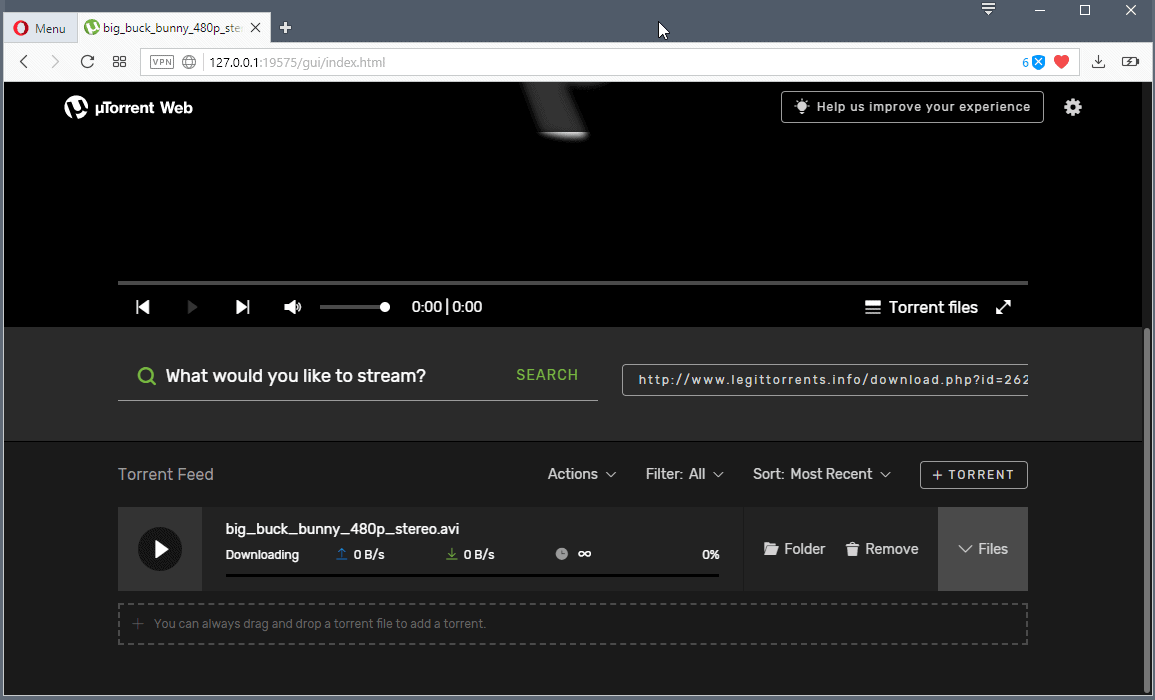



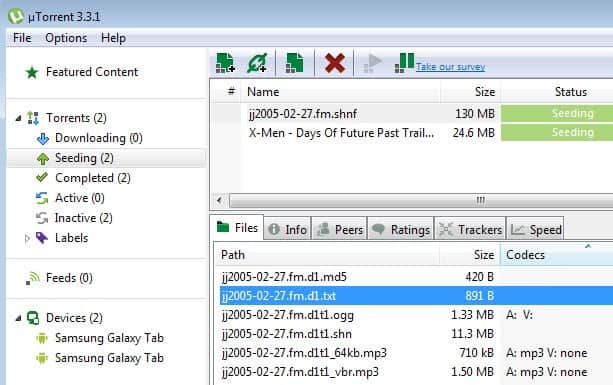










See this:
http://thescotsman.scotsman.com/scotland/Grandmother-58-is-internet-music.6766082.jp
The law may have been broken here, but this wasn’t a trial – it was a legal and judicial system bought and paid for.
yeah right. it such a sort of judging people. Why does really happened? There were really sites who restricted upon easily access. How can traffic innovation can bring them in the right track.
Why does the legal system expect the little guy to provide security to protect the RIAA’s interests. Why doesn’t the RIAA secure their product.
Now when are they going to figure out that participating in a torrent swarm doesn’t mean you transferred a file to someone? It’s more like giving the word “bespectacled” from page 253 of a book.
Hi,
I think more and more people will be agree with that, just because it makes sense!
But people, don’t get too happy!
Just an exampe in France, where I’m living:
_ It was clear that an IP was not enough to assume to sue someone for piracy.
_ So our government create a new law creating the fault of “not securing your connection”. It’s very different and if you say “my wi-fi is open anybody can download”, then you are in trouble because you didn’t make sure your network was secure.
The only good point is that if you are convince of “not securing your network”, your internet access can be cut, but in no way you can have to pay something for pirating. It’s not you, otherwise you won’t be sue for security issue ;-) So you cannot be condemn to thousands of euros of penalties ;-)
Cheers,
Germany has a similar decision (at least, I miss if it’s a law). Users should protect their connections. One would need to pay if someone else would pirate over such a connection. Not that much, but it could still hurt.
Such stuff prevents sharing of resources. I dislike French and German law and would never move their, when I wouldn’t already live there.
I don’t think it’s even about piracy in the long run.
Here in the UK it’s about wholesale abuse of the legal and judicial systems by corporations and rich individuals – aided and abetted by tame judges.
Nice to have the odd judge remember the priorities.
i (totally) agree with the judge decision.
it is a sense of logic.